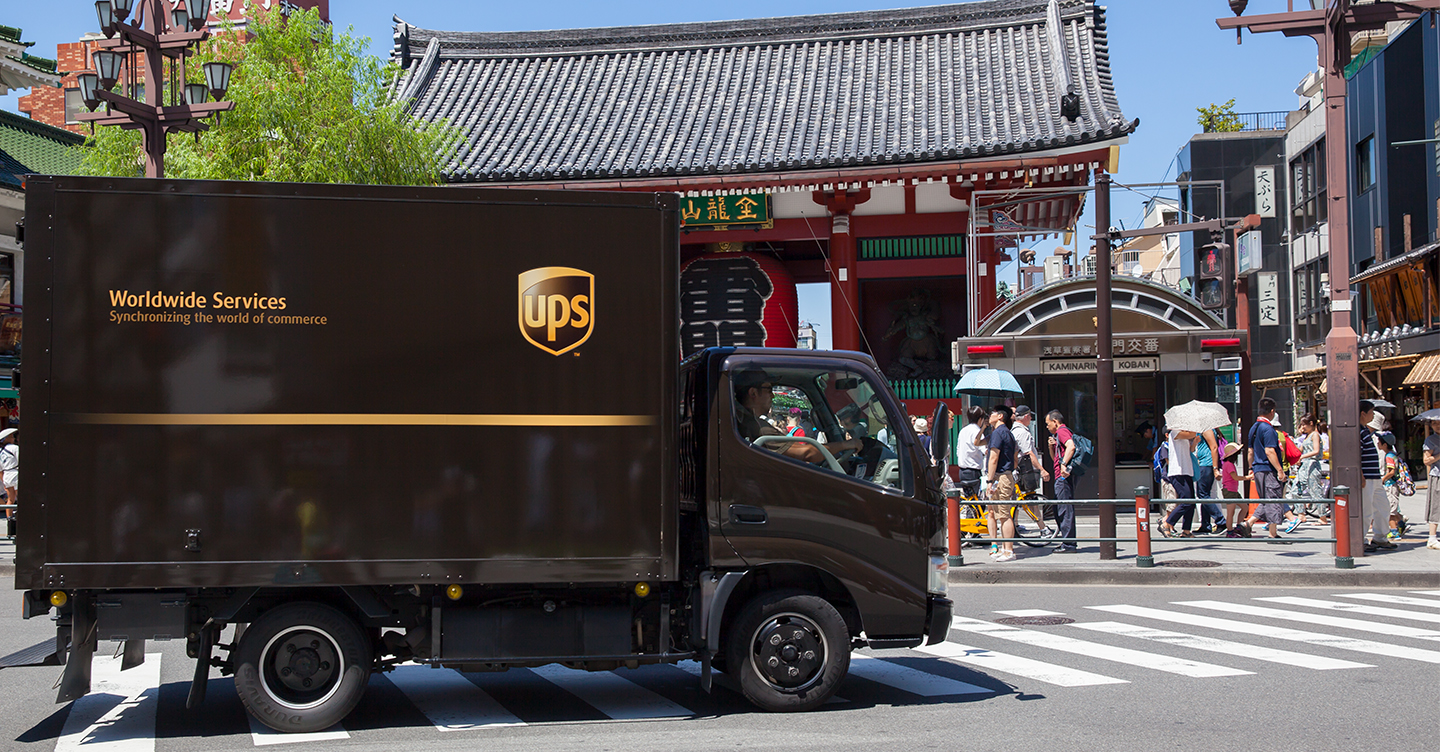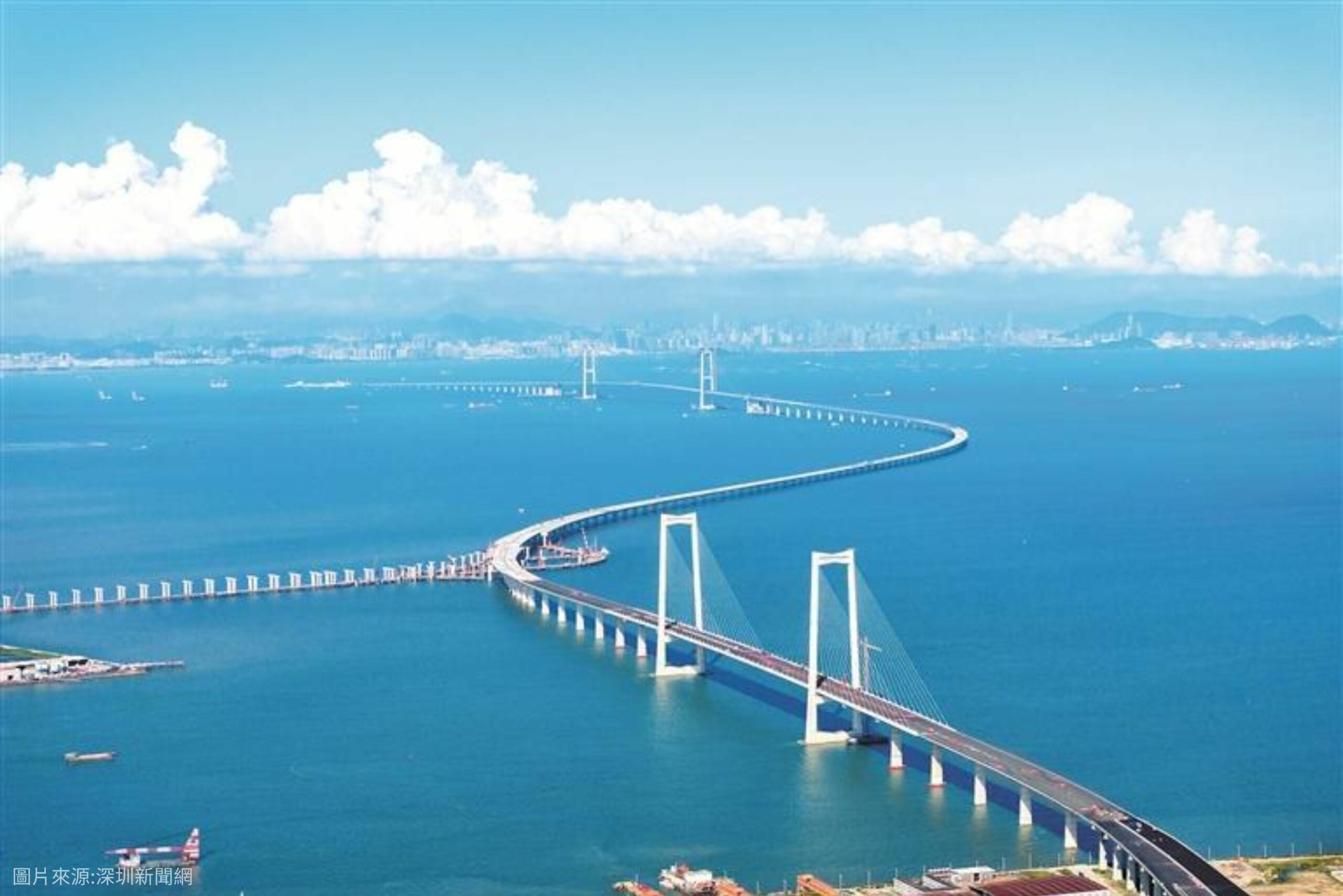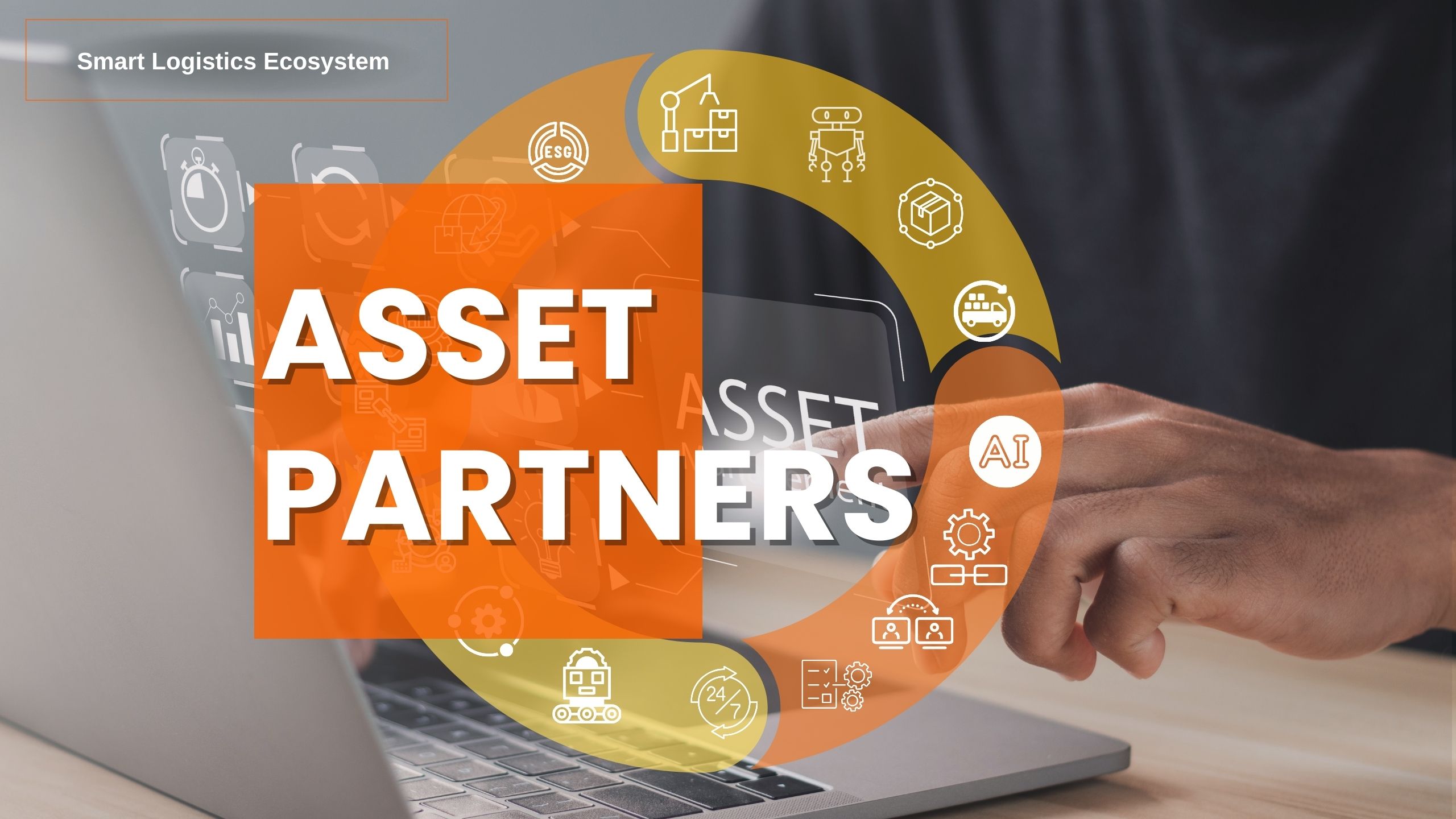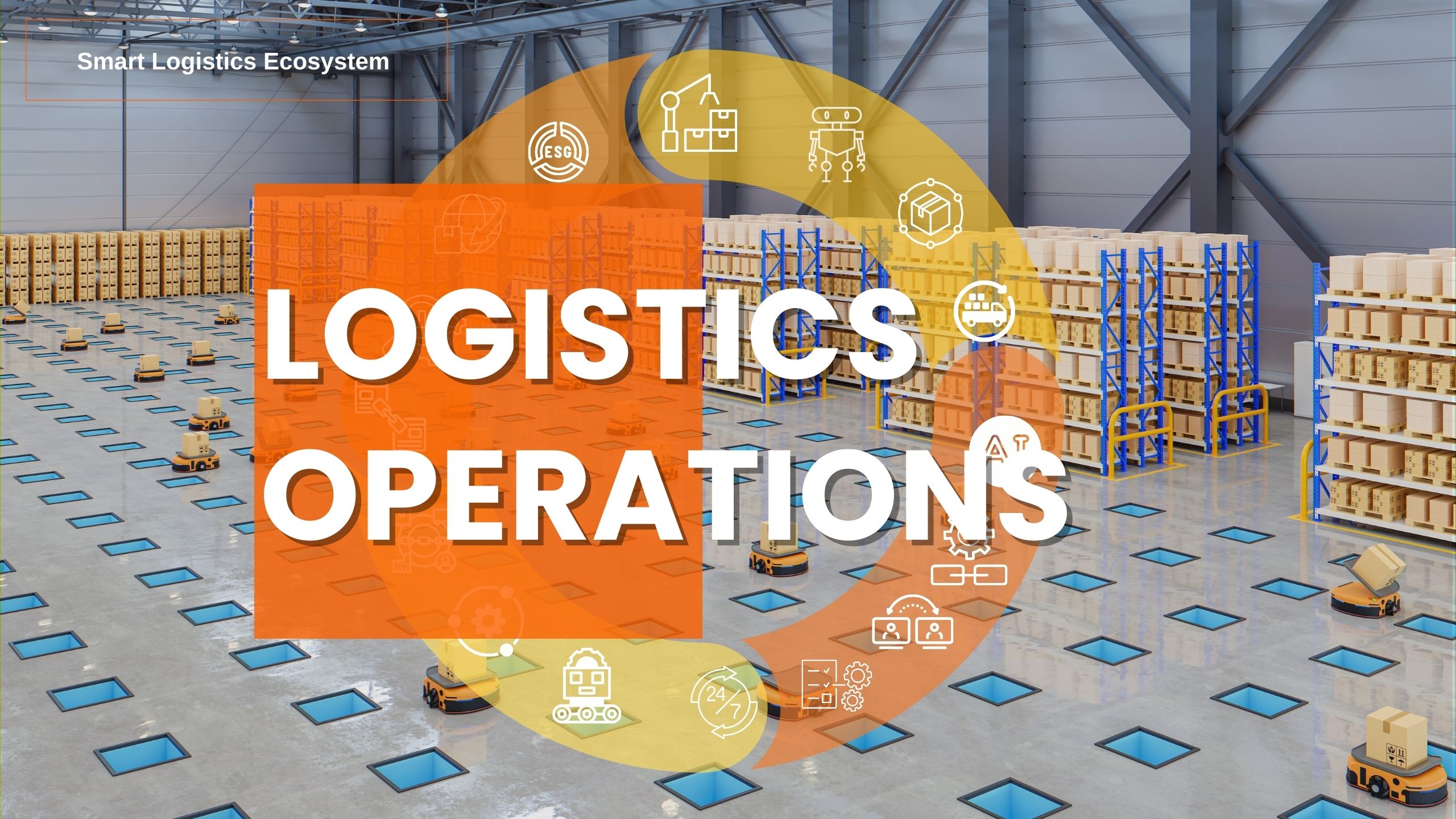Boosting cross-border logistics
- August 25, 2023


The Greater Bay Area will also promote cross-border logistics. As an important gateway for international trade, the Greater Bay Area will serve as a vital hub connecting mainland China with global markets, providing increased support and convenience for cross-border logistics. This will stimulate domestic and international trade growth within the Guangdong-Hong Kong-Macao Greater Bay Area, offering businesses more trade opportunities and further facilitating global commerce circulation.
Furthermore, expanding logistics in the Greater Bay Area will drive growth in related industries. The development of the logistics sector requires support across various segments, such as shipping, warehousing, transportation, and information technology, thereby generating demand and employment growth in related industries. Also, logistics parks will attract more investments and businesses, promoting local economic development and creating employment opportunities.
Taking UPS as an example, Hong Kong serves as UPS’s Asia Hub, primarily connecting Europe and the Americas. Meanwhiles, Shenzhen acts as the Intra-Asia Hub, connecting Southeast Asian countries such as Thailand, Malaysia, and Singapore. The Guangdong-Hong Kong-Macao Logistics Park can meet the transportation needs of businesses within the Asian region and even globally.
The Greater Bay Area expansion will boost cross-border logistics and provide businesses with more trade opportunities, thereby facilitating global trade circulation. The expansion of the Greater Bay Area will bring tremendous opportunities and challenges to logistics companies. Therefore, logistics companies should closely monitor the policy trends in the Greater Bay Area, actively participate in regional and project cooperation, and strive to enhance their competitiveness and service levels.
Other News
- All Post
- Greater Bay Alliance

The long-awaited Shenzhen-Zhongshan Bridge has finally passed its completion inspection on June 16th. This infrastructure marvel, comprising an underwater tunnel through the Pearl Riverbed and a cross-sea highway bridge, will connect the two cities and slash their travel time to just 30 minutes.

The 15th LET - a CeMAT Asia Event was officially unveiled recently, held for three consecutive days (May 29-31) at the Guangzhou China Import & Export Fair Complex.

Asset partners comprise capital investors and real estate providers with financial resources and physical logistics properties such as warehouses, logistics centers, and distribution centers. Both parties are driven by achieving long-term stable returns and asset appreciation, but they may need more experience in operating logistics assets.

With the increasing demand for online shopping, the logistics industry faces significant challenges and opportunities. To meet the growing needs, logistics operators must invest substantial funds in acquiring new logistics equipment, such as automation, intelligence, and digitization, to enhance operational efficiency and service levels. However, such investments can be a significant burden for many logistics operators.
